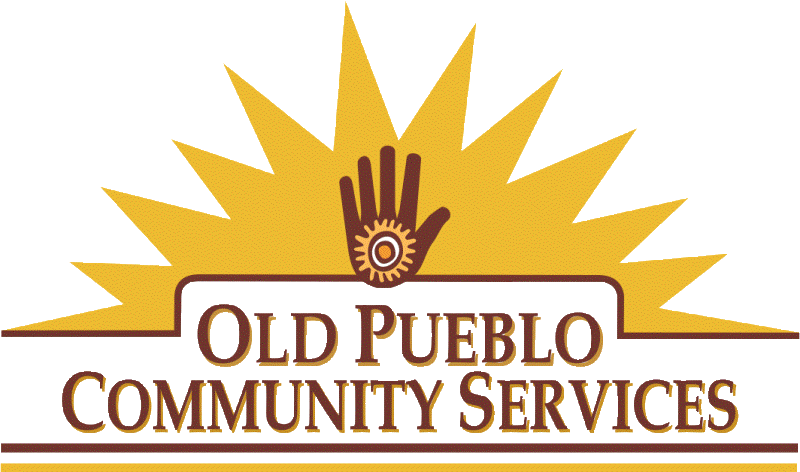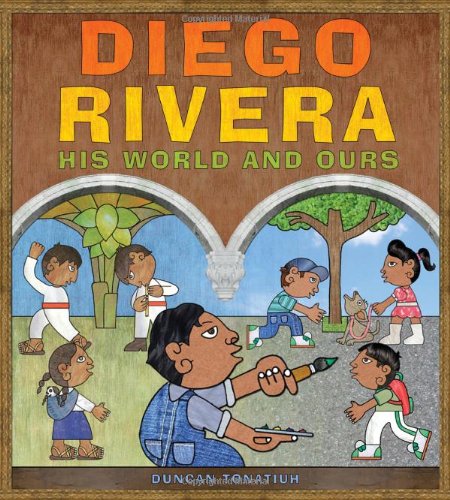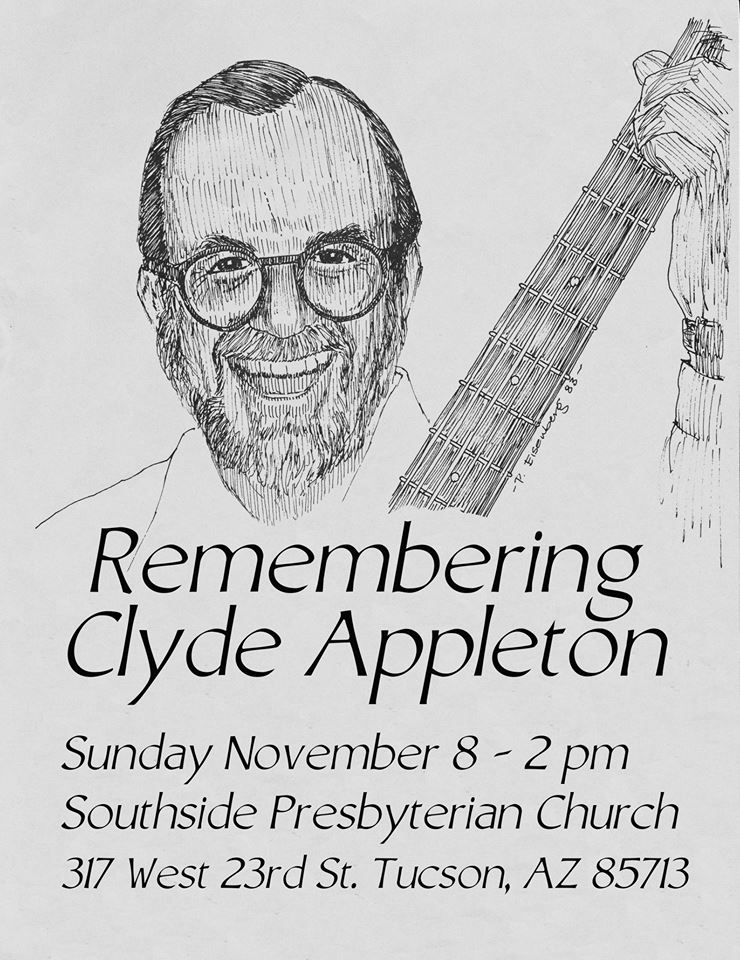The Migrant Trail 2020 Alternative experience included a week of daily reflections, videos, podcasts, and featured speakers. Part 2 of this series continues with excerpts from educator and activist Lupe Castillo’s presentation “Broadening Our Borderland History.” A member of the Migrant Trail Organizing Committee from Austin, Texas, lecturer Olivia Mena introduced Lupe Castillo.
Lupe Castillo is a retired history professor at Pima Community College in Tucson as well as an activist in the Chicano civil rights movement. Born and raised in Tucson, Arizona, Lupe is a co-founder of the University of Arizona’s Movimiento Estudiantil Chicano de Aztlán (MEChA). In 1970, she helped organize Tucson residents to establish the El Rio Neighborhood Center and fought to build the Joaquin Murrieta Park on Tucson’s west side. At Pima Community College, she was one of the first professors to develop Chicano/a studies courses. She has encouraged students to see education as a tool that will enable positive change, and she has been a fierce advocate of the community for various social issues for more than 40 years. Today she continues to work with the Keep Tucson Together project and has been present for nearly every migrant trail.
Lupe will invite us to see the borderlands from the perspectives of various indigenous, Mexican, and Mexican-American communities. These alternative ways of seeing and knowing the “southwestern United States” expose how colonial ideas and practices persist to this day while broadening our capacity to imagine alternatives for those who have long made the borderlands their home.
Since 2004, a group of committed people has gathered to call for an end to migrant deaths along the U.S.-Mexico border. Each May, participants have embarked on a week-long, 75-mile walk from Sásabe, Sonora, Mexico to Tucson, Arizona to call for an end to migrant deaths along the U.S.-Mexico border and to stand in solidarity with victims of global migration. This year due to the COVID-19 pandemic, participants were unable to physically unite to remember those who have died crossing.
In order to continue to raise awareness about migrant deaths and to help raise money for local border justice organizations, organizers launched an alternative Migrant Trail Walk experience to bring people together in a virtual environment. Proceeds benefitted: BorderLinks, the O’Odham Anti-Border Collective, Keep Tucson Together, and the No More Deaths Emergency COVID-19 Bond Fund.
This has been part 2 of a multipart series. You can learn more about The Migrant Trail on their website and on their Facebook group.
Edited and produced by Amanda Shauger with audio provided by the Migrant Trail Organizing Committee.

Excerpts from a December 2014 panel discussion convened by the YWCA Tucson called Prison Policy: A Crime Against Our Community. Today’s speaker is Tom...

Today on 30 Minutes- a special broadcast from the 2014 Tucson Festival of books. The topic is Pictures and Words. We join award winning...

Today on 30 Minutes, we remember Clyde Appleton. At the Folk Festival in May, 2013, local folk singer and organizer Ted Warmbrand convened members...